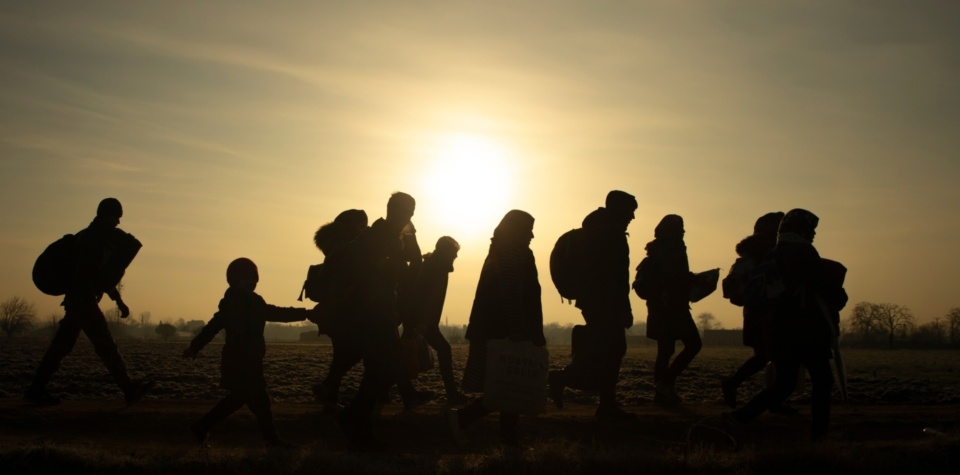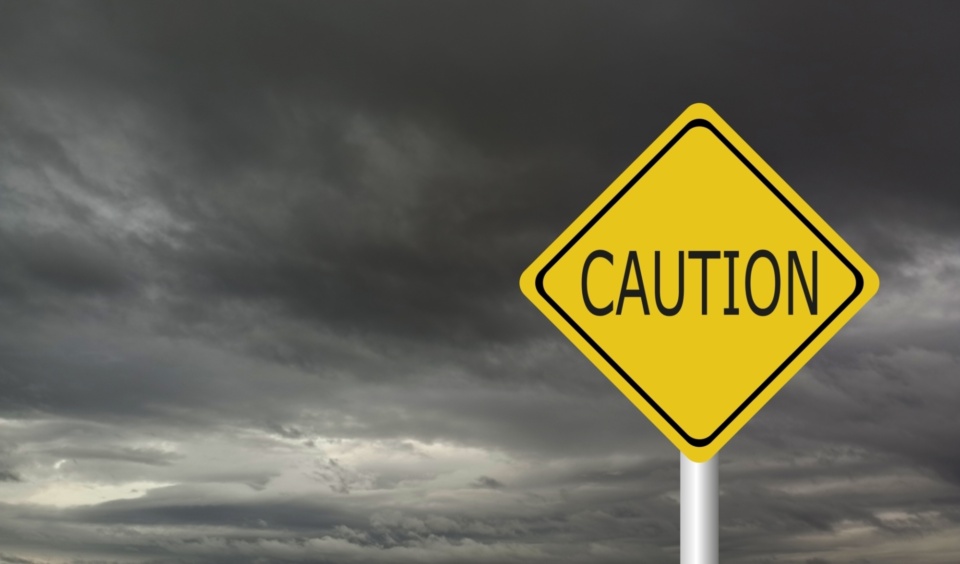
Attention governments: There’s more to giving out grants than handing over the money
Posted on 18 Feb 2026
Around 50 per cent of all funding for charities in Australia comes from government. The nature of…
Posted on 29 May 2024
By David Crosbie

The upcoming federal election is an opportunity for charities and community organisations to help set the agenda for the incoming government, says Community Council for Australia CEO David Crosbie.
We are heading towards the back half of the electoral cycle – a time when politicians become more focused on what their campaign approach needs to be over the coming 12 months.
It’s likely the election will be called for March, April or May next year. Experts generally believe we will have a May election and the federal Budget for 2025 will be brought forward to March.
While the electorate is relatively volatile, polling shows that people are not shifting their views significantly. However, each election throws up new variables with shifting patterns among voters.
The broader context for the upcoming election is that the Coalition Opposition needs to pick up 20 seats. This is a very big task, especially when we consider that no first term federal government has lost power since 1931.
Some pollsters have been highlighting the gradual shift in demographics across the electorate. Older voters, who tend to mostly support either the Coalition or the ALP, are diminishing in numbers and influence. Younger voters tend to be less rusted on to a particular political party.
This shift has informed the rise of Independents and minor parties including the Greens and complicated the traditional two-party-preferred estimates.
There’s a good chance the Albanese government could retain power and gain the numbers to form majority government at the next election, especially if it picks up seats in Queensland to offset the correction most pollsters expect in WA where the government may lose seats after a landslide result in 2022.
There’s also a good chance the ALP will be forced into minority government either with the Greens or with a group of Independents.
This means that despite the numbers being against the Coalition at this stage of the election cycle, the next election is still going to be hard fought because no political party wants to govern in minority. This matters.
"Our strategic participation in the lead up to the next federal election will benefit our sector and the communities we serve."
Every election is an opportunity for charities and community organisations to help set the agenda for the incoming government. Election commitments have become a powerful reference for what each term of government chooses to prioritise.
The question some charities and community organisations are already asking is how best to ensure that their issue, their agenda, is part of this prioritising process.
At CCA we began discussing our election strategy in February. Planning commenced at our last board meeting and it will become an increasingly important focus for us over the coming six months.

There’s no secret to what makes a good election campaign strategy. It begins with having done the work well ahead of the election being called. Waiting until a couple of months before election day doesn’t allow organisations to develop the campaign reach needed to influence federal politics.
The second most important element to acknowledge is that because our government is formed in the House of Representatives, which operates on a local electorate level, politics becomes more local the closer we get to an election.
What local voters think about each political candidate and the way they can improve the lives of people living in their local community is what will determine the outcome of each electorate, and thereby determine the government.
Whether a particular organisation or peak body likes a local candidate will only matter if it’s seen as having the potential to sway voters in that electorate.
This is why local events and the opportunity to show support or engage with groups of voters within each electorate become much more important to politicians in the lead up to election.
Correspondence also matters, but it’s treated within the same electoral prism.
I’ve sat in politicians’ offices as the mail was sorted in the lead up to an election. Individual letters from local constituents, the people who will vote to determine the career of the politicians, were carefully put in a to-be-reviewed pile. Letters from peak bodies and lobbying organisations like CCA were paid little attention, often ending up in the bin.
In between these two extremes were the form-driven letters from locals. This is an area that many companies and vested interests have put more resources into over the years.
These letters and emails come from local voters in the electorate, but they’ve been generated to address a particular issue and are supported through online campaign software linking people who are concerned about an issue to their local politicians.
Some charities are now using this software as well, enabling their supporters to forward a letter with their name and address to local politicians. The value of this kind of campaigning may have diminished (in part thanks to the growing use of AI in generating these letters), but it is still more valuable than most peak body advocacy, especially if larger numbers can be legitimately generated.
Planning events, running local forums, linking supporters to local politicians and producing surveys of public opinion in relation to the key issues are all good strategies, but they all require planning and resourcing.
Charities also need to document and cost their election campaign activities to ensure charities are compliant with electoral record keeping and reporting requirements.
Regardless of what approach a charity or community organisation may take, the key is to begin the work that will inform an election campaign now. These opportunities don’t come around very often, and you never know when things may fall into place for a particular issue or policy change.
Not every charity and community group needs to implement an election strategy, but if more charities and NFPs made the effort to engage in the upcoming federal election, we’d have a better-informed government implementing policies that were more responsive to community needs.
Our strategic participation in the lead up to the next federal election will benefit our sector and the communities we serve.
David Crosbie has been CEO of the Community Council for Australia for the past decade and has spent more than a quarter of a century leading significant not-for-profit organisations, including the Mental Health Council of Australia, the Alcohol and Other Drugs Council of Australia, and Odyssey House Victoria.

Posted on 18 Feb 2026
Around 50 per cent of all funding for charities in Australia comes from government. The nature of…

Posted on 18 Feb 2026
You wouldn’t try to fix a complex system with one tool. You’d widen the toolkit, improve the…

Posted on 17 Feb 2026
This is the full academic version of Dr Oksana King's thoughts on the need to better compensate and…

Posted on 11 Feb 2026
Opinions polls insist Pauline Hanson's fortunes are on the rise, but it is likely that enthusiasm…

Posted on 04 Feb 2026
As we move into 2026, I can’t help but think the world is wobbling a little.

Posted on 28 Jan 2026
The 2026 Australia Day Honours list delivered a sobering reality check. After reaching gender…

Posted on 28 Jan 2026
This year’s Adelaide Writers’ Week began with the cancellation of a talk by Palestinian-Australian…

Posted on 16 Dec 2025
As Australia prepares to welcome its one millionth refugee, human rights advocate and former…

Posted on 10 Dec 2025
What a year 2025 has been, particularly at a national level where the Parliament and politics as we…

Posted on 26 Nov 2025
Charities and not-for-profits can be outstanding advocates for their cause, their community, their…

Posted on 12 Nov 2025
Managing a charity or not-for-profit in Australia is often more complex than it may appear. On any…

Posted on 29 Oct 2025
One of the most contentious debates across many areas of human services is the for-profit versus…